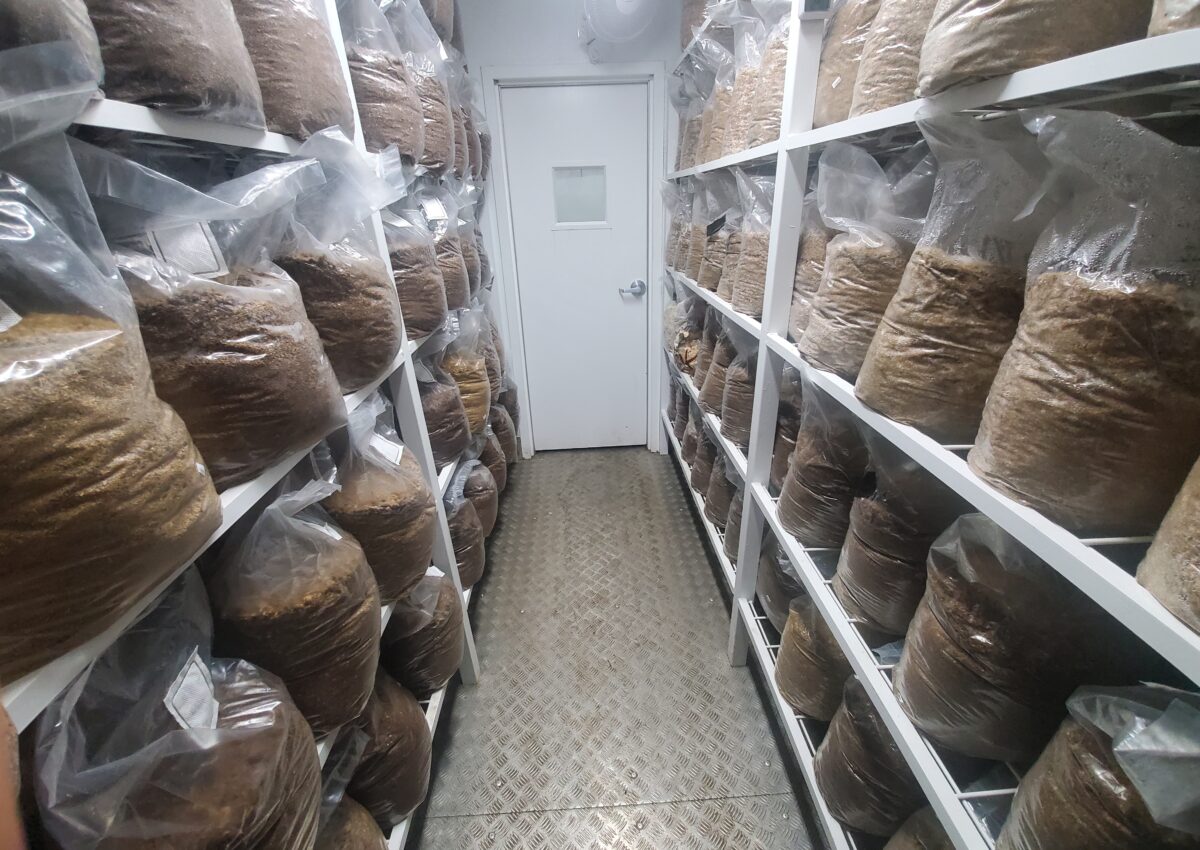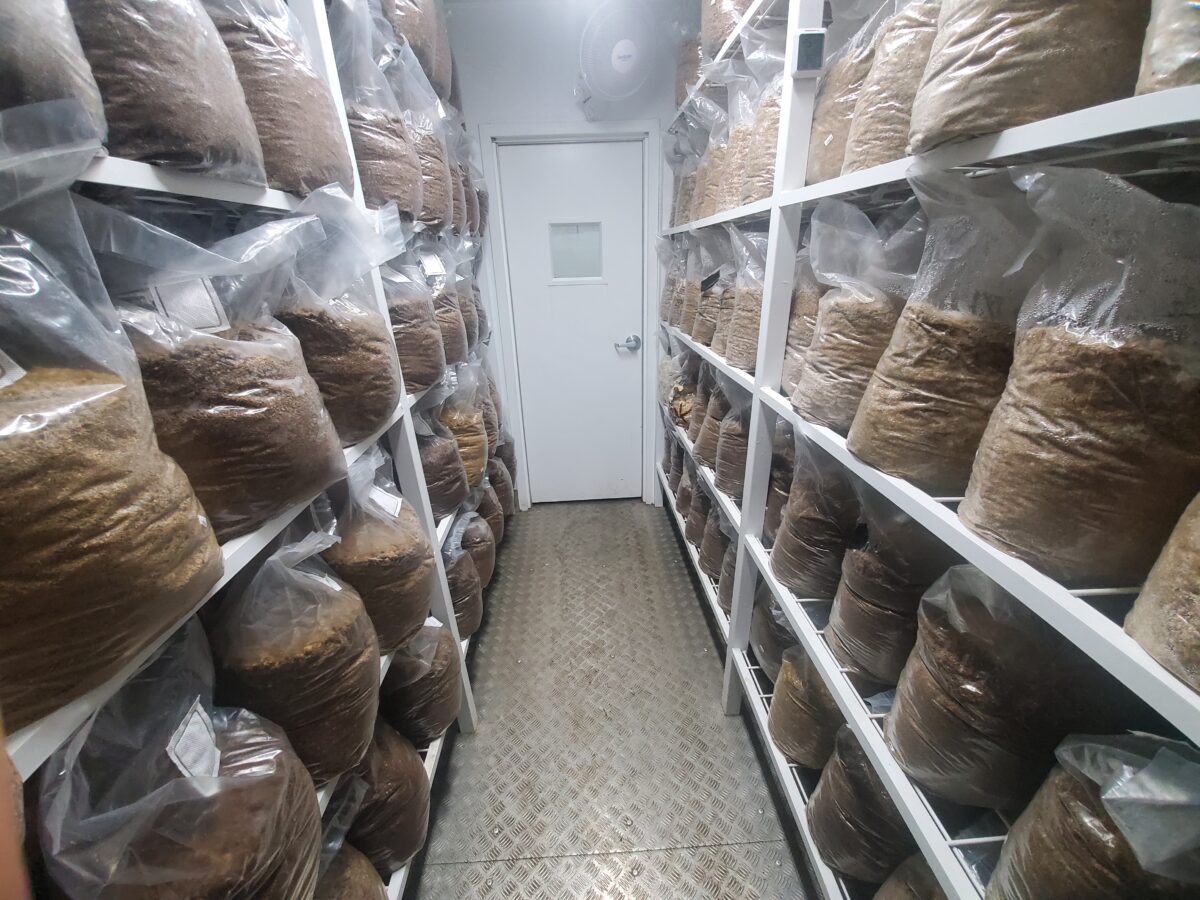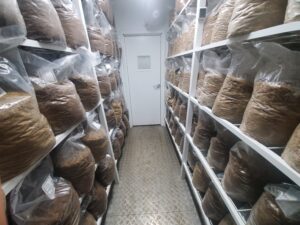There are a seemingly infinite number of nonprofit organizations, schools, small businesses and large corporations that do their part to reduce waste on a mass scale, in some cases leading the way to a paradigm shift in how we think about and approach waste as a society. FarmBox Foods and its customers, partners and vendors strive to do their part in this process, too, and much like the aforementioned institutions, we’re always looking for new and innovative ways to contribute to the greater good (suggestions welcomed!). Below are a few ways that we and the incredible people in our network work to reduce and even eliminate waste.

Smart Water Management & Hydroponics
Our Vertical Hydroponic Farm uses sensor-driven systems to capture, filter and recycle water, consuming only around 10-15 gallons per day per unit—roughly 95% less water than traditional agriculture. This not only minimizes water waste but also means fewer water-related nutrient runoff losses. Conventional outdoor operations typically lose a significant amount of water through evaporation, transpiration and less-targeted measures.
Localized, Hyper Local Production Cuts Supply Chain Waste
Placing farms on-site at grocery stores, hospitals, schools or in urban environments means produce can go from harvest to consumer within 24 hours or less, dramatically reducing spoilage and consumer-level food waste, and minimizing emissions related to long transport.
Upcycling Shipping Containers
Repurposing insulated shipping containers for farms gives them a new life and diverts materials from landfills, reducing waste while creating scalable, stackable and relocatable farm units that allow people to sustainably grow food in regions that traditionally have not supported robust farming.
High-Efficiency Energy Use & Solar Compatibility
FarmBoxes utilize LED grow lights and smart controls to minimize energy consumption. A VHF typically uses around 190 kWh/day, while the mushroom farm we manufacture uses around 60-80 kWh/day—equivalent to just two loads of laundry. Farms can also be powered by solar installations, reducing emissions and waste associated with fossil fuel energy use.
Compostable By-Products from Mushroom Farms
At the end of grow cycles, spent mushroom substrates and seedling pods are donated or reused as nutrient-rich compost, enriching soil and reducing organic waste. The spent mushroom substrate still contains nutrients and mycelium that help plants grow and communicate subterraneously.




